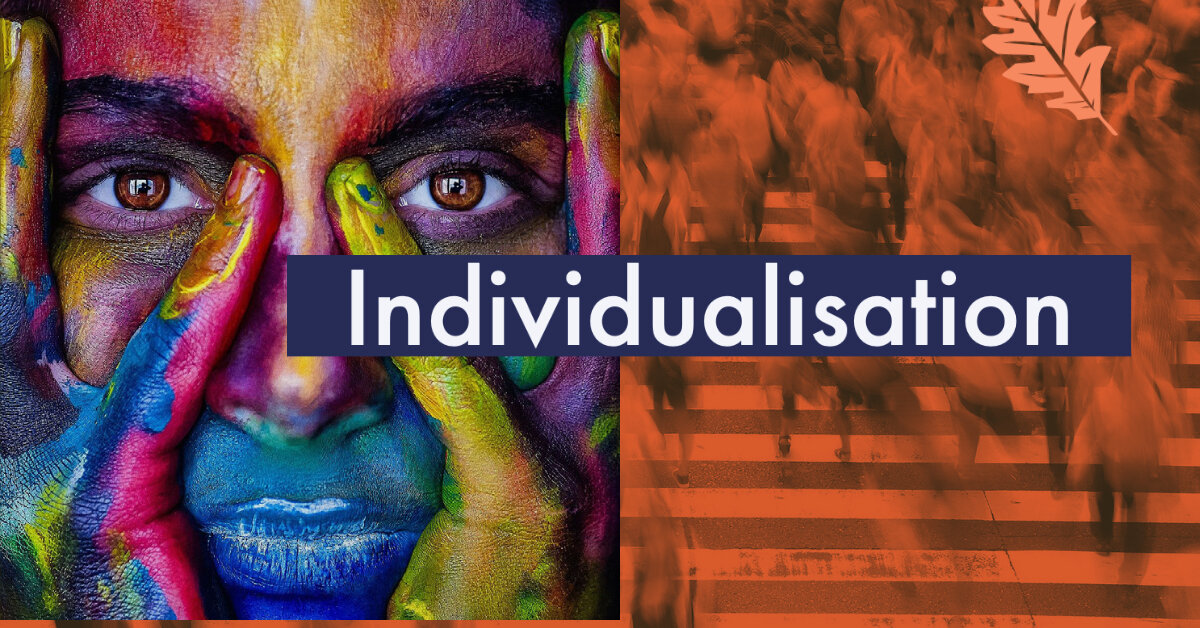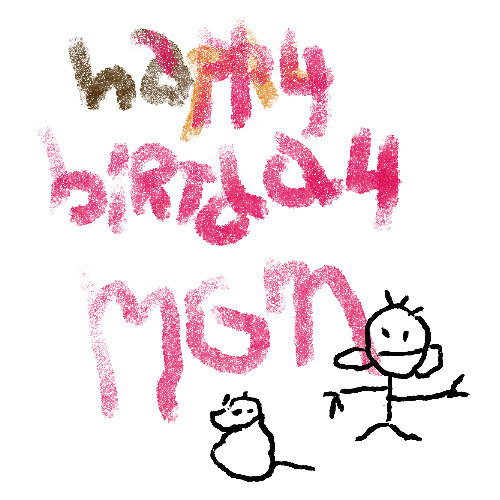Individualisation - that is the future
We are like everyone in some respects. We are like a handful of people in some matters. We are like no one else in some matters.
Made with Adobe Spark
Stage 1: Mass Production
Stage 1: Mass production
Henry Ford once said, “Any customer can have a car painted any colour that he wants so long as it is black.” The car, Model T came only in black for 12 out of 19 years. Other colours - such as green, bright red, dark blue, brown, maroon and grey - were available from the 13th year.
Economies of scale
The defining factor of mass production was efficiency. Some say, black colour dried fastest and hence was preferred in the early years. The worker's impact on the final product was invisible. Charlie Chaplin explains this best in the clip below.
Stage 2: Customisation
Human beings have two conflicting desires: If their survival is at stake, there is safety in numbers. So they fit in. Once that need is met, they want to stand apart from the masses. Customisation addresses the need to stand apart.
Demographic segments
A T-shirt size (Large, Medium, Small etc) allows you to choose a fit that matches your body type. Market Research makes it possible to divide the consumer into demographic segments. Customisation may show up in a better fitting shirt or shoe. Customisation leads to be a better fit.
Mass but appealing
Customisation can make a mass produced product feel exclusive. Tea that is labeled 'Limited edition' or 'Makaibari' or 'Orange Pekoe' makes it feel special. Products like shampoo is customised by the benefits (volume, to stop hair fall, for thinning hair etc).
In 2019, the analysis of Google search trends in India showed, "Watch times for beauty tips has doubled year on year. The top three searches are for “mehendi”, “hair style” and “make-up”.
“Regional language-based search is growing. Many prefer to use voice search which is growing at a staggering 270%.
Voice is the fastest way to discover content. Google is making it easy to access information in 9 languages other than English.”
Read about what Google searches revealed about the changes in India
Read about Eight Kinds of Vegetarians in India
Stage 3: Personalisation
Personalisation refers to all the aspects by which an individual does not fit into the demographic group or stereotype. When we start to look at people beyond their stereotypes and broad categories, personalisation begins.
Bengalis love eating fish. But every Bengali does not love fish (eg I don't) or football ... or whatever the stereotype is.
The baker will add the name of the birthday boy or girl on the cake to personalise it.
Think EXPERIENCES not products or services
We are living in the age of experiences. When people stop comparing the features of a product or service and focus on the way the product makes them feel, they are describing an experience.
In the hospitality business, personalising the product or service can make the customer feel special. When my bank wishes me on my birthday, it does not make me feel special because I know they are doing this mechanically. When a personalised response turns out to be mass-produced, it can breed distrust. What are the ways to personalise a product or the service?
Here are two tips to help you personalise an interaction:
Unique context: Understand the unique context of the person. Context triggers emotions.
Exception to the rule: Put special focus on where the person does not fit the cohort
Netflix discovered that tastes in movies cut across barriers of language and geography. Korean pop singers have their fans even in remote towns of India. Personalisation is a further refinement of the journey to discover the individual.
Stage 4: Individualisation
When the product or service is tailor made for an individual and is so specific that it would not be applicable to anyone else, we are individualising the product or service or experience. Biometric identification like fingerprints, leverage the uniqueness of the individual. Even identical twins have different fingerprints. Individualisation happens at the intersection content, context and personality.
It creates a memory
Our friends, family or loved ones know what makes us unique. This is what makes a relationship special and unique. When the little one gives you a birthday card complete with spelling mistakes and stick figures, the experience of it is magical. The memory of that moment stays forever.
Individual specific: This is the holy grail of recommendation engines. Knowing the kind of movies you have watched may enable Netflix to recommend the kind of movies you are likely to enjoy. If you watched a puppy (or cat) video, Facebook will show you more of the same.
While Machine Learning and AI are great at customisation or even personalisation, individualisation is a deeply human advantage. When people trust another human being they will open up their heart. Being a good conversationalist helps people build deep bonds. That often means being a good listener - not a great story-teller. That is what gives humans an advantage. But we all know being human can be hard for human beings. The future is human.
Written for my weekly newsletter on LinkedIn that has 180,000 subscribers. Want to add your email? <Click Here>









